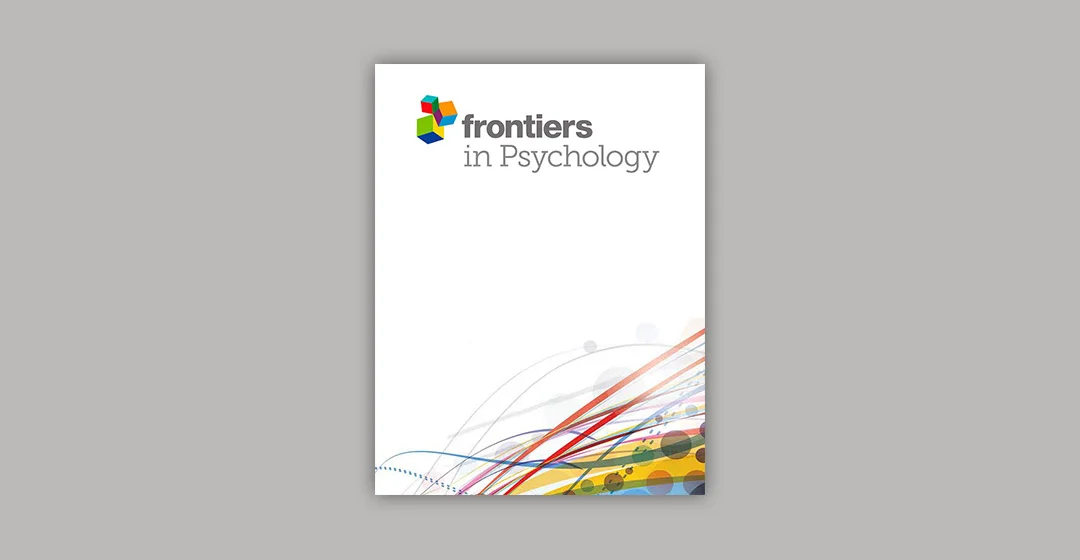Esade Entrepreneurship Institute
Unravelling the role of shared vision and trust in constructive conflict management of family firms. An empirical study from a mixed-methods approach

Family firms are a unique setting to study constructive conflict management due to the influence of family ties of the owning family imprinting a sense of common purpose and shared destiny, and high levels of trust. We study the relationship between shared vision and trust that intervene in the adoption of constructive conflict management. To achieve our purpose, we carried out a systematic indirect observation using a mixed methods approach. We used the narratives of 17 semi-structured interviews, audio-recorded and transcribed, of family and non-family managers or directors from five Spanish family firms in the siblings' partnership stage, combined with documentary data obtained from different sources. Intra- and inter-observer reliability were confirmed. Results show a dynamic relationship between shared vision and specific components of trust (benevolence and ability) at different levels of conflict management. We also provide evidence of specific processes of concurrence-seeking and open-mindedness in family and ownership forums accounting for the relevance of family governance in these type of organizations. Family firms are a sum of several subsystems which exhibit a particular resources configuration. This study sheds light on constructive conflict management in family firms opening interesting avenues for further research and offering practical implications to managers, owners, and advisors.
Alvarado Álvarez, C., Armadans, I., Parada, M. & Anguera, M.T. (2021). Unravelling the role of shared vision and trust in constructive conflict management of family firms. An empirical study from a mixed-methods approach. Frontiers in Psychology, (12), 629730. DOI: http://doi.org/10.3389/fpsyg.2021.629730.
Continue reading this article online:
See online